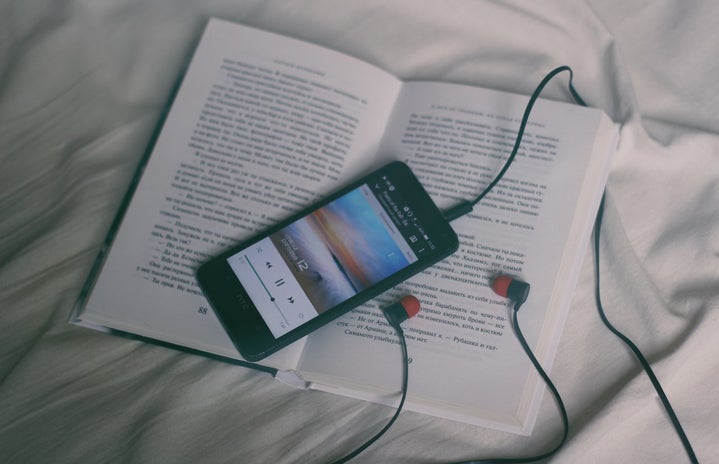This week, Elizabeth shares her ideas on the unfair pay gaps which exist within streaming services, like Spotify and Apple Music, and how these companies favour largest artists or record labels – rather than smaller, individuals.
Many students, before leaving the house to go to their seminars, grab their headphones, turn on Spotify and turn on their personalised Daily Mix and Discover Weekly playlists. We take for granted each day that we can access music so quickly. A high-quality sound and a vast array of songs to choose from have spoilt us.
What makes streaming different?
Radio is designed to appeal to the masses. Top 40 radio stations will only play the most popular songs and artists that they know will attract a large audience. Whereas Spotify appeals to each single user. You can choose to play whichever song you want and if you don’t want to choose, you get personalised recommendations, so you never have to listen to the same songs over and over again.
So, Spotify seems like a god send for smaller artists who would always struggle to get onto mainstream radio and be found by more people. But the problem is in how streaming services pay these small artists.
Spotify remunerates artists indirectly. A pool of money is divided between artists based on their proportion of streams played. This favours well known artists. Although streaming should be more beneficial to small artists, it is estimated the top 10% of songs represent over 90% of streams. What’s more, this money goes to rights-holders, not the individual artists themselves. It first goes to labels and publishers, with the recording artist receiving around 13%, and songwriters receiving even less. Self-releasing artists and individuals from independent labels are more likely to receive a bigger share, but cannot compete with the music giants on marketing and promotion, and still end up receiving a very small amounts.
It begs the question; why can’t these services make their payments as personalised as their recommendations? A survey found a majority would not agree to rising subscription costs for music streaming, yet many would agree, if it meant only artists they played got paid. This is something Deezer, another streaming service, has piloted. Yet the existence of other streaming services means prices are not likely to go up, as it’s so competitive, people will leave to subscribe to another service and receive the exact same songs.
The precarious position has worsened with the pandemic and Brexit. Unable to make sufficient money form streaming, artists rely on touring. Without large paying crowds supporting them and being unable to travel, new talent has suffered even further. As many small artists are classed as ‘freelancers’, they were not eligible for a lot of government support.
This leaves small artists hoping to get a place on a popular playlist to exponentially increase their streams and hopes to make a living of making music.
With these poor conditions, it’s a wonder we do not see more smaller, independent artists denouncing these changes. When we do hear about it, it is normally from popular artists who aren’t prone to instability. This may be because more people are more likely to listen to them, yet smaller artists are less likely to speak out to not upset big labels and streaming services. This fear of speaking out is exactly why we need to talk about it.


